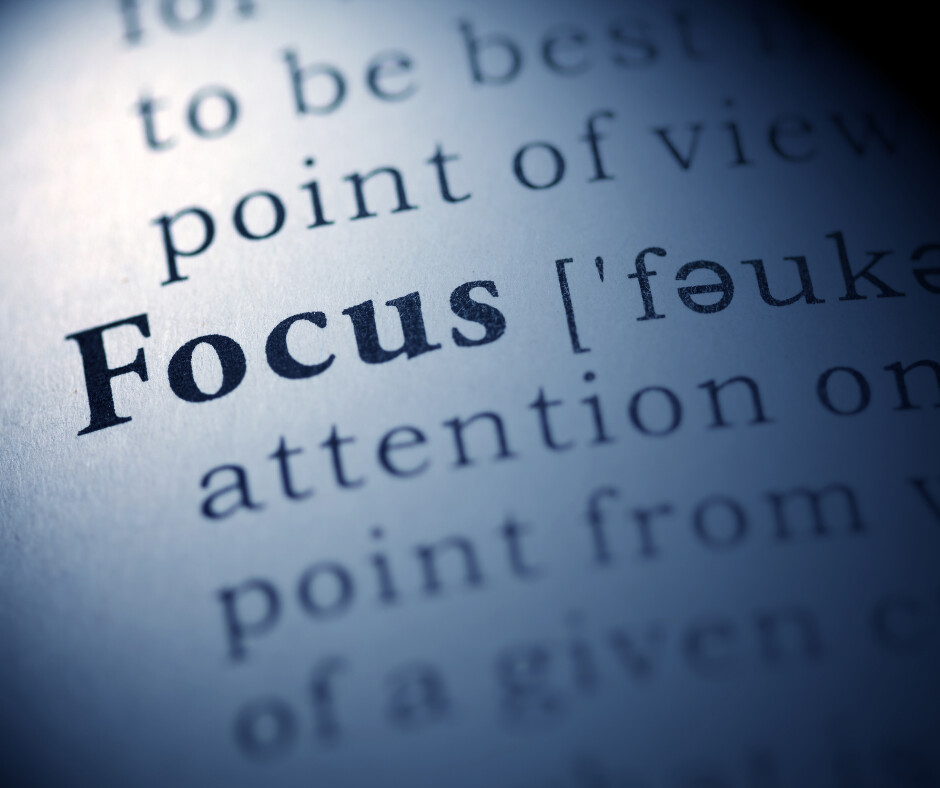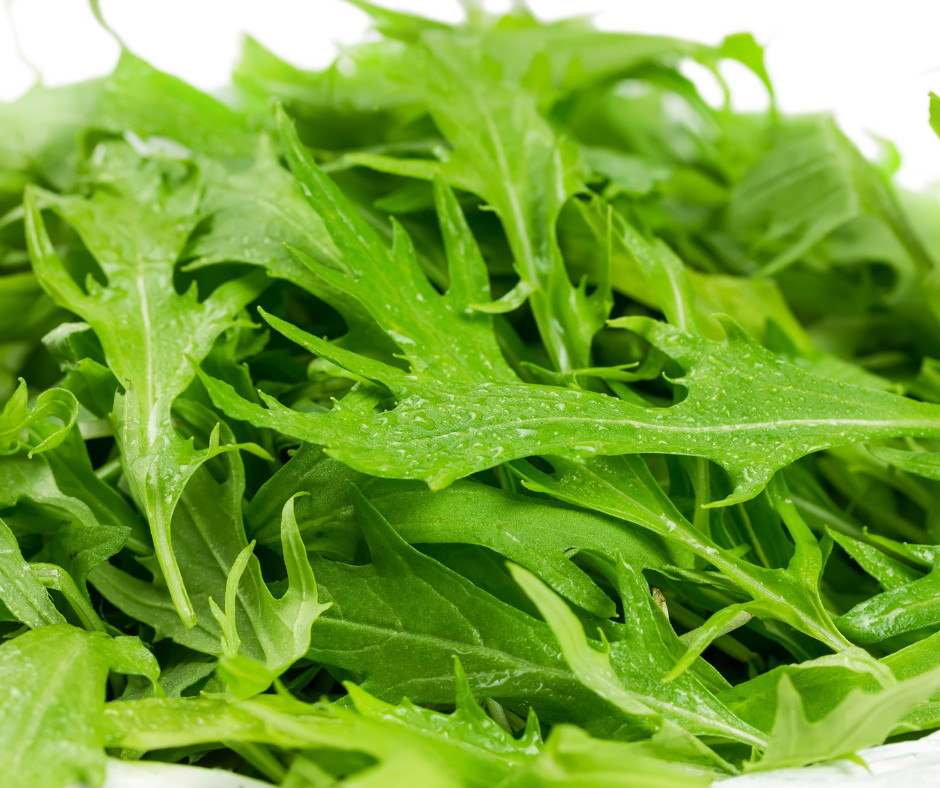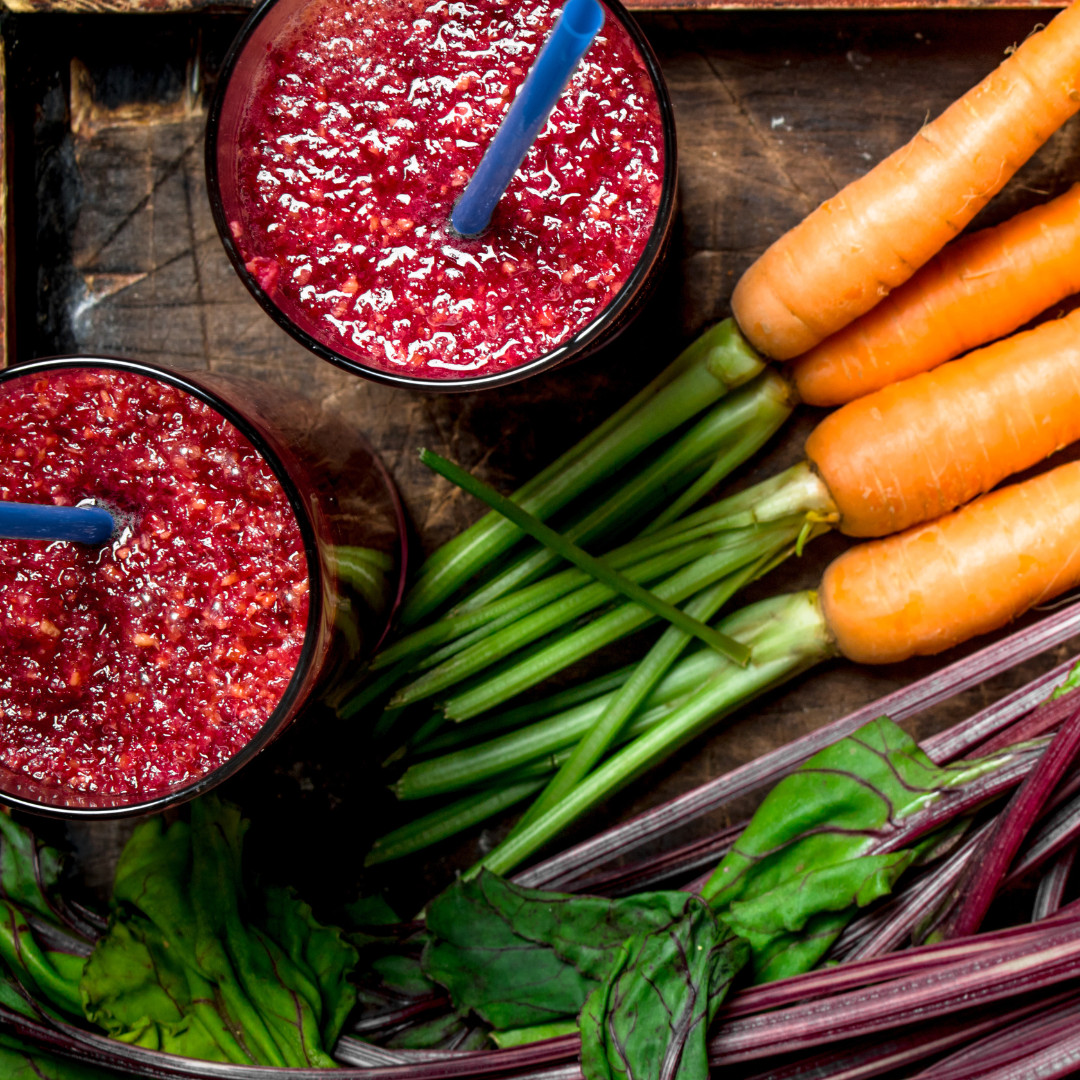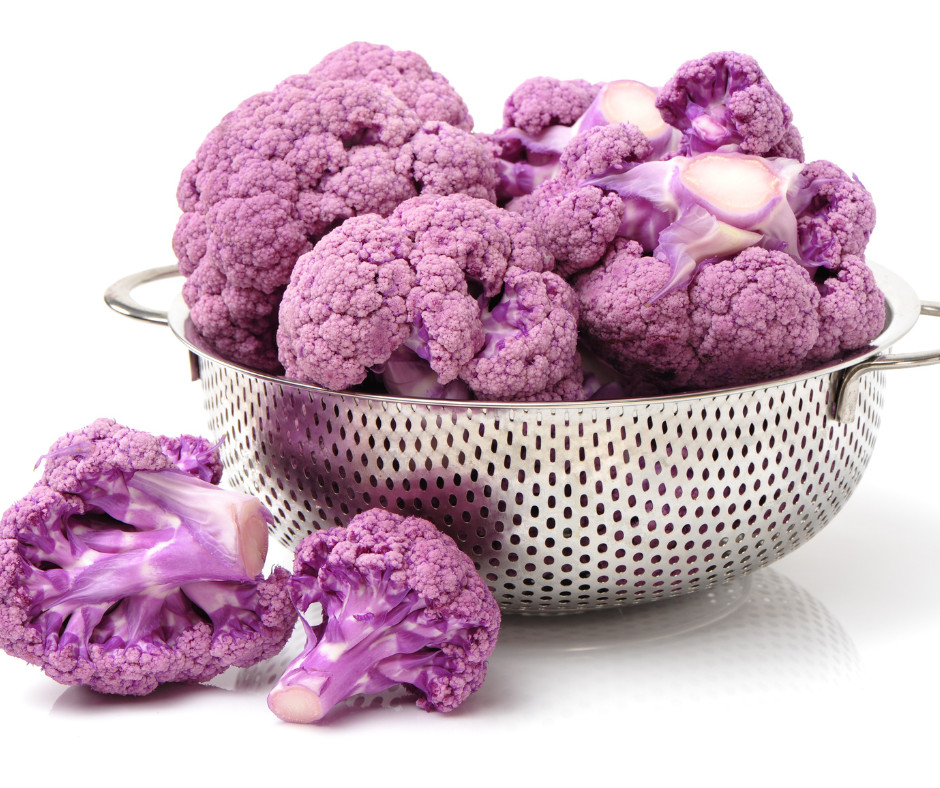
In the most extreme form, lack of focus, and the inability to concentrate, is often diagnosed as attention deficit disorder (ADD) or attention deficit hyperactivity disorder (ADHD). This is most commonly found in children beginning around age 7 and is often accompanied by the inability to sit still. But people of all ages can experience varying degrees of the these types of symptoms. Here are some things you can do that may help with concentration and focus.
Diet
Most prepared food is full additives and contains genetically modified (GMOs) ingredients. Additives including artificial sweeteners, preservatives, thickeners, and colorings that are in processed foods can be especially detrimental to your health. The wide spread use of chemicals on crops is another issue. The organization Moms Across America was founded because of the impact that glyphosate (Round-up) was having on the health of children. They soon found that the problem wasn't just glyphosate, it was many food additives. Other common problematic foods if your having problems focusing, are sugar and the most common allergens which include wheat, dairy, soy, and corn.
Exercise
Regular exercise can help burn off excess energy and can make it easier to focus. Moving the body has many other benefits as well, such as helping to maintain bone health, building muscle, balancing hormones, keeping the lymphatic system moving, and more. Including some exercise that is "fun" for you can have added benefit because it will help relieve stress. This could be something like dance, kayaking, or ping pong. Getting out in nature is another way to get rid of stress and get some exercise.
Gut Health
There has been a tremendous amount of research linking the gut microbiome and neurological health. This is known at the gut-brain axis. It is now known that the bacteria in your gut, directly communicates with your brain. So having a healthy and diverse range of gut bacteria directly impacts the health of the brain. You can do this by eating a wide variety of foods that are high in antioxidants and rich in healthy fats. Some of the best foods for your brain include berries, dark leafy greens, coconut, olive and fish oils, avocados, and bone broth.
Supplements
Even if you are eating a healthy diet, you may still not be getting enough healthy Omega-3 fats. Omega 3 fatty acids are critical for stabilizing blood sugar and improving brain health. The most common source of Omega-3 fats in supplement form is fish oil, but it can also be found in plant based foods like flax seeds. Other vitamins and minerals considered essential for brain health are B vitamins, vitamin D, magnesium, calcium, and zinc. Research by Dr. Terry Friedmann, found that inhalation of vetiver and cedarwood essential oils had calming effects on the brain. And finally, probiotics can be very helpful in creating a healthy gut microbiome and thus contribute to brain health.
Sleep
Sleep deprivation and circadian rhythm disturbances can affect brain health. This mean maintaining a regular sleep schedule that supports your circadian rhythms. It's also helpful to avoid electronics, sugar, caffeine, heavy foods, and stress close to the bed. Instead, try relaxing activities, such as stretching, soothing baths, meditation/prayer, and reading. Make sure that your bedding is supportive, and that your room is cool, dark, and calm.
Did this help you? If so, I'd greatly appreciate it if you commented and/or share it on social media.

Email: sharonledwards@hotmail.com
Facebook: https://www.facebook.com/sharonledwardsbiz/


















0 Comments